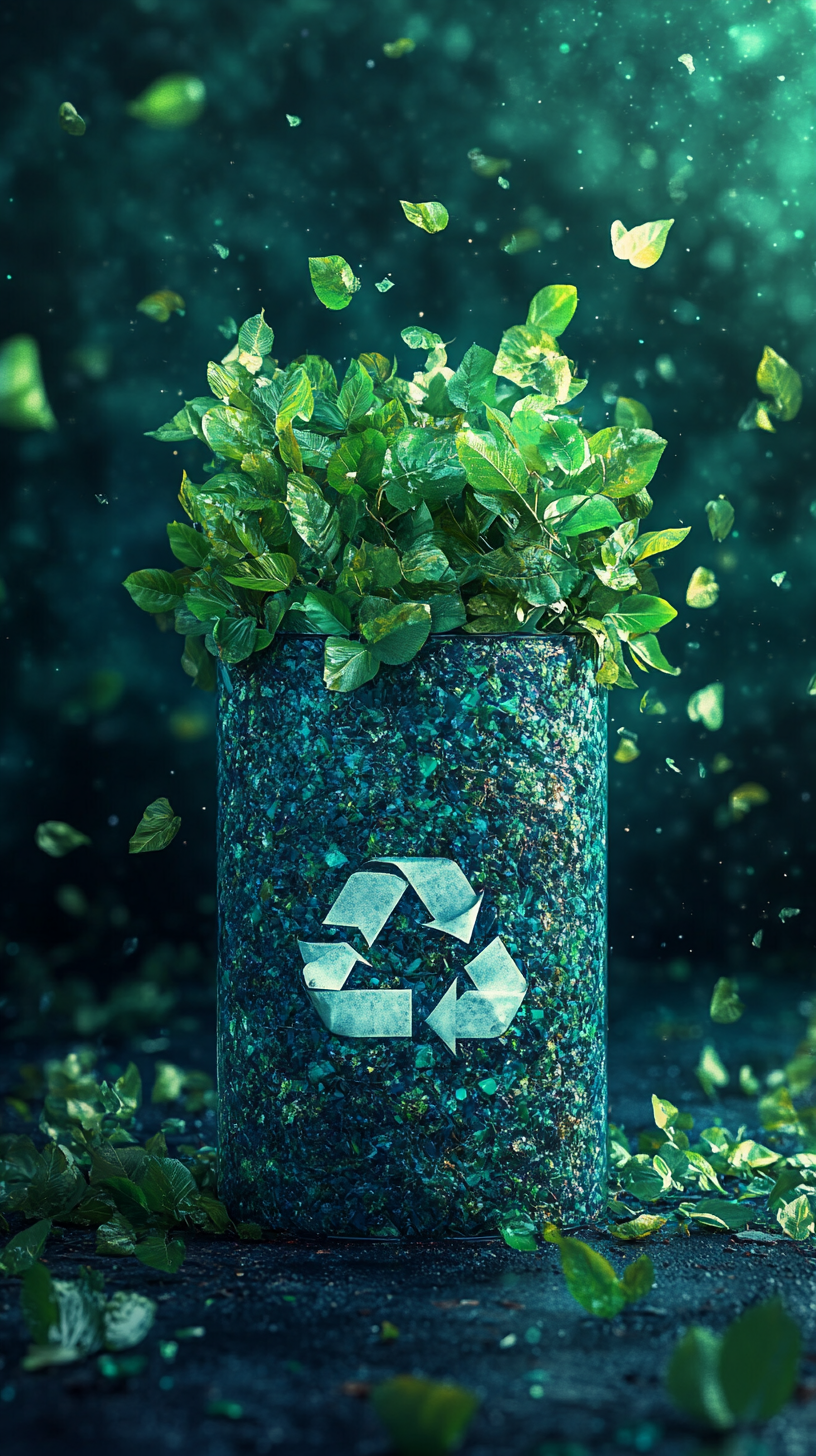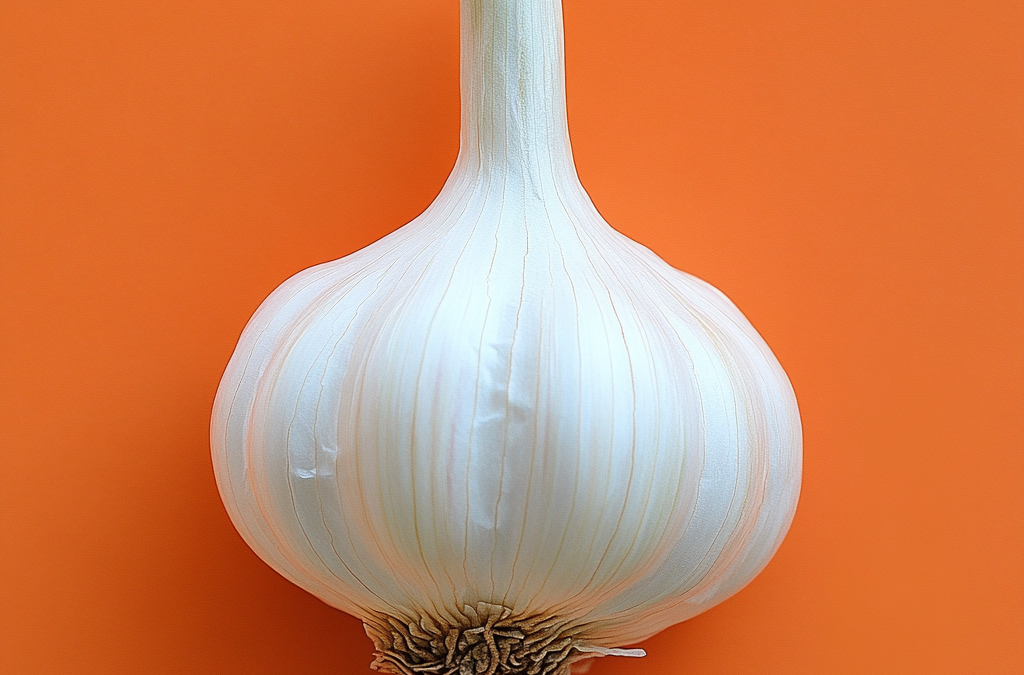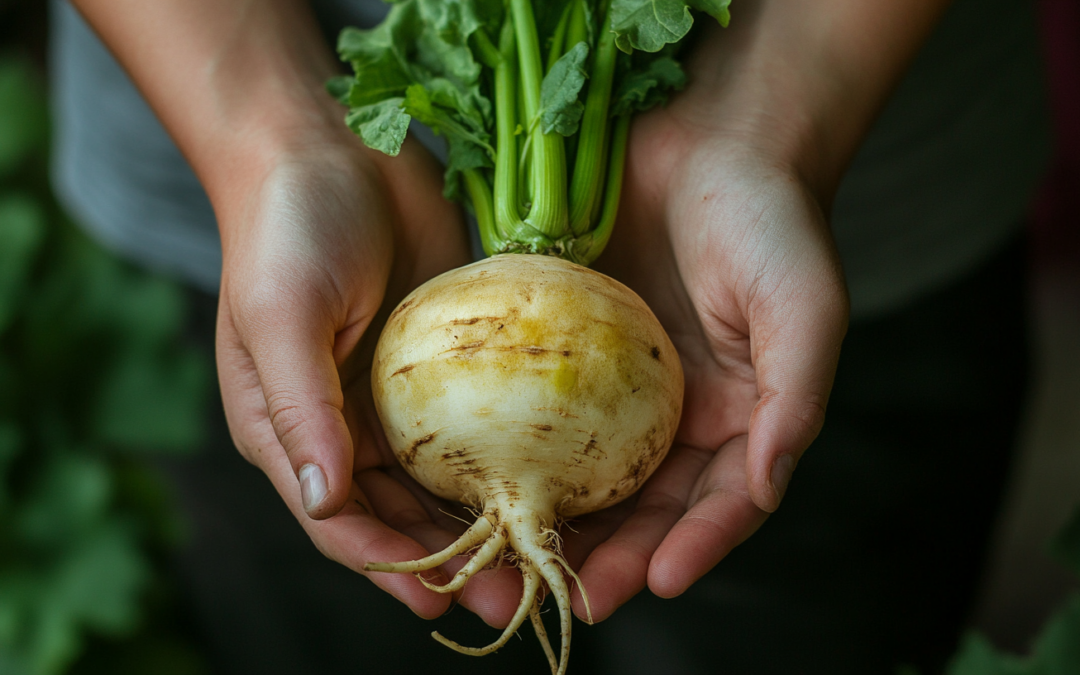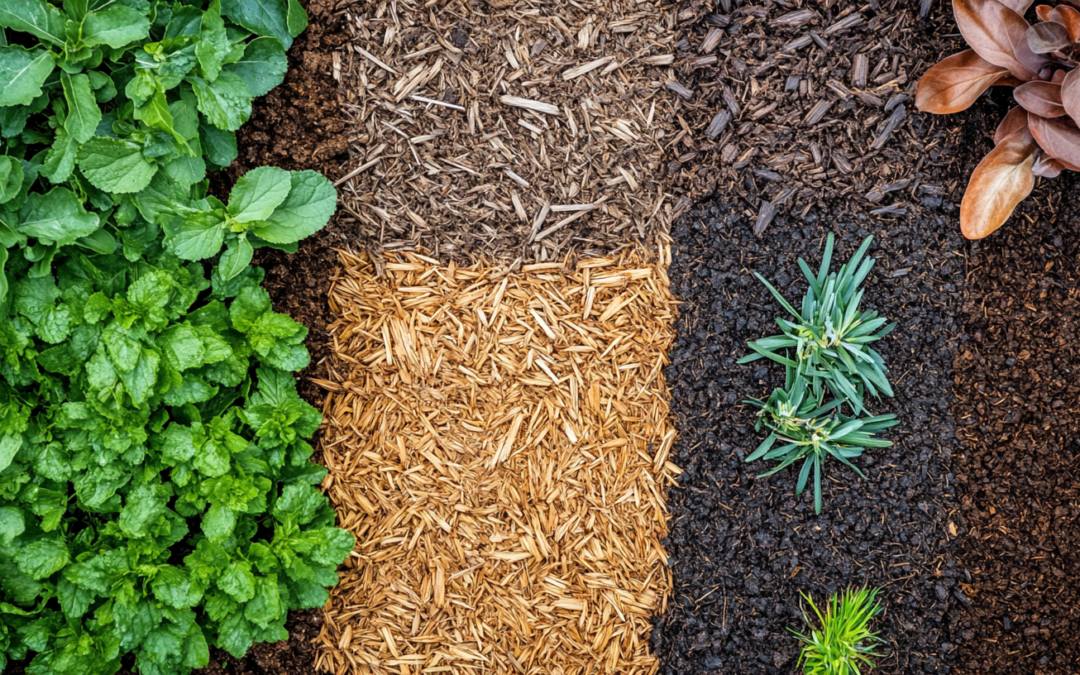Creating a zero-waste garden is a rewarding way to reduce your environmental impact while nurturing a thriving garden. By minimizing waste and using sustainable practices, you can create a space that benefits both you and the planet. Here’s how you can start:
1. Start Composting
Composting is one of the easiest ways to reduce waste and enrich your garden soil. Instead of throwing away food scraps, coffee grounds, and yard waste, compost them! Over time, they’ll break down into nutrient-rich soil that will help your plants grow stronger and healthier.
Tip: Include a mix of greens (like vegetable scraps) and browns (like dry leaves or cardboard) to keep your compost balanced.
2. Use Recycled Containers
Instead of buying new pots or planters, get creative and use recycled materials. Old buckets, jars, and even broken teacups can make great plant containers. Not only does this reduce waste, but it also adds a unique touch to your garden.
Tip: Be sure to drill holes in the bottom of containers for proper drainage!
3. Make Your Own Plant Food
Avoid buying chemical fertilizers by making your own natural plant food from kitchen scraps. Banana peels, eggshells, and coffee grounds are all excellent for enriching your soil. Simply chop them up and mix them into your garden beds or compost pile.
Tip: Save your eggshells and crush them up to add calcium to your soil, which helps prevent blossom end rot in tomatoes.
4. Repurpose Old Garden Materials
Old garden tools, broken pots, and leftover mulch don’t have to end up in the trash. Repurpose them! Broken garden tools can be fixed with a little creativity, and leftover mulch can be stored for future use.
Tip: Use old newspapers or cardboard as weed barriers in your garden beds, which will break down over time and enrich the soil.
5. Grow Your Own Mulch
Instead of buying bags of mulch, grow your own! Plants like clover, alfalfa, and comfrey can be used as living mulch. They’ll provide a ground cover that prevents weeds and helps retain moisture, while also enriching the soil when they decompose.
Tip: Use grass clippings or shredded leaves as a quick and free mulch alternative.
6. Choose Sustainable Tools
Invest in high-quality, durable garden tools made from sustainable materials like bamboo or recycled metal. These tools will last longer and reduce the need for frequent replacements, helping you minimize waste.
Tip: Look for tools that are multi-functional to reduce the number of items you need.
By adopting these zero-waste gardening practices, you can create a garden that’s not only beautiful but also environmentally friendly. Start small, and gradually implement these tips into your routine. Your garden – and the planet – will thank you!



